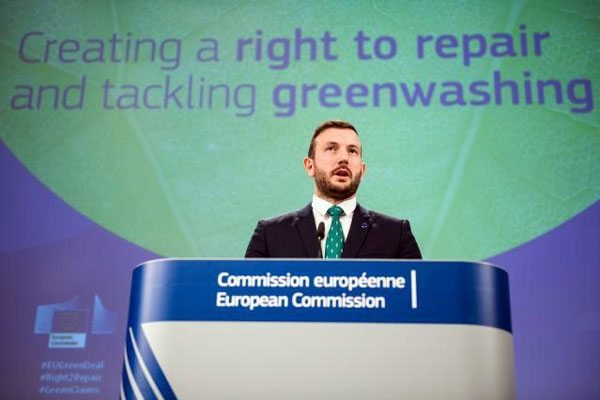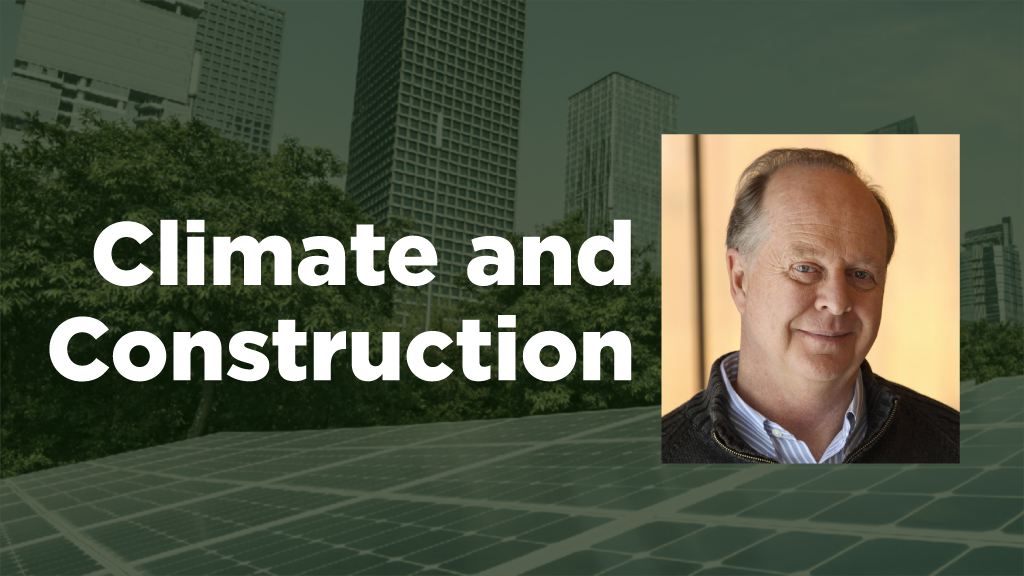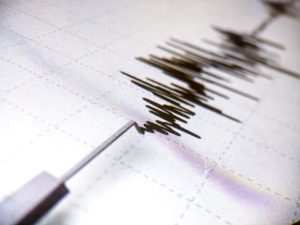No other word is used more often today than “sustainability” when talk turns to important environmental matters such as reducing greenhouse gas emissions.
The term originated in German forestry circles around 1713, and is ubiquitous today whenever there is a call to action amid the threat of an ecological crisis.
Yet, sustainability is part of the distortion that often occurs when commercial and corporate interests attempt to explain their efforts to meet so-called green standards. This distortion is called “greenwashing,” and it’s everywhere.
Aarni Heiskanen, construction innovation agent at AE Partners in Helsinki, Finland, describes greenwashing as, “the practice where companies misleadingly brand their products or operations as environmentally friendly when they may not be significantly beneficial to the environment, or even harmful.”
By its own admission, Canada lags in terms of controlling greenwashing. Some of the problem can be traced to the lack of specificity of commonly-used green terms.
For example, Natural Resources Canada offers the following guidance for homeowners and builders: “A net-zero energy home is so energy efficient, it only uses as much energy as it can produce from onsite renewable energy.”
How net-zero might be achieved is left open.
“Canada needs to scale up climate investment rapidly to achieve a net-zero economy by 2050,” says the Department of Finance Canada. “By some estimates, Canada’s climate investment gap is as high as $115 billion annually.”
Regulators like the Canadian Securities Administrators are making efforts to encourage ESG claims and disclosures that are “factual, balanced and substantiated” and to discourage greenwashing.
However, mandatory ESG disclosures from large Canadian banks, insurance companies and federally regulated financial institutions will only begin sometime this year.
Greenwashing is so serious the European Union recently approved new laws banning the use of certain unsubstantiated generic environmental claims, such as “environmentally friendly,” and regulating the use of sustainability labels.

One restriction that could impact construction is, “a ban on the use of claims such as ‘climate neutral’ that suggest that a product has a neutral, reduced or positive impact on the environment because of emissions offsetting schemes.”
Miisa Tähkänen at Green Building Council Finland offers examples of greenwashing in construction: A project claiming to be “low carbon” without reference to a baseline; focussing on greenness but only on one product or feature; and emission calculations based on market averages and not the company’s actual operations.
Sustainability and potential greenwashing segue to the matter of building certifications.
Mike Phillips and Mark Faithfull, writing in BizNow, suggest, “Done right, certifications could help investors, developers and lenders traverse a complex and highly technical path, ensuring they put their money where it can have the most impact in cutting carbon.”
Attaining a green certification can be more than beneficial for the environment — it can also be good for business. Valuations and rents can be much higher than for equivalent uncertified buildings.
However, many experts believe certifications are too numerous and complex.
Certification from more than 90 different green environmental organizations can be among submissions sent to the Global Real Estate Sustainability Benchmark (GRESB). The GRESB produces internationally-recognized benchmarks regarding the ESG performance of commercial real estate and infrastructure portfolios.
Green building certifications have become an industry of their own in recent years. Sponsoring organizations do more than simply charge fees for their certifications. In many cases, they seek additional revenue streams from certification training courses and recurrent verification.
That bothers Edge Technologies CEO Coen van Oostrom.
“The system is wrong, and we need to change it quickly,” van Oostrom told Phillips and Faithfull. It takes efforts away from what he believes is really important.
“We spend so much time discussing it, but we spend millions on these certifications, and that is money we can’t spend on making our buildings greener.”
Van Oostrom would like to see ratings systems focus on what he feels really matters: the amount kilowatts used during building operations and the amount of carbon produced during construction.
“We need real data on how much energy buildings use,” he concludes.
John Bleasby is a Coldwater, Ont.-based freelance writer. Send comments and Climate and Construction column ideas to editor@dailycommercialnews.com.






Recent Comments
comments for this post are closed